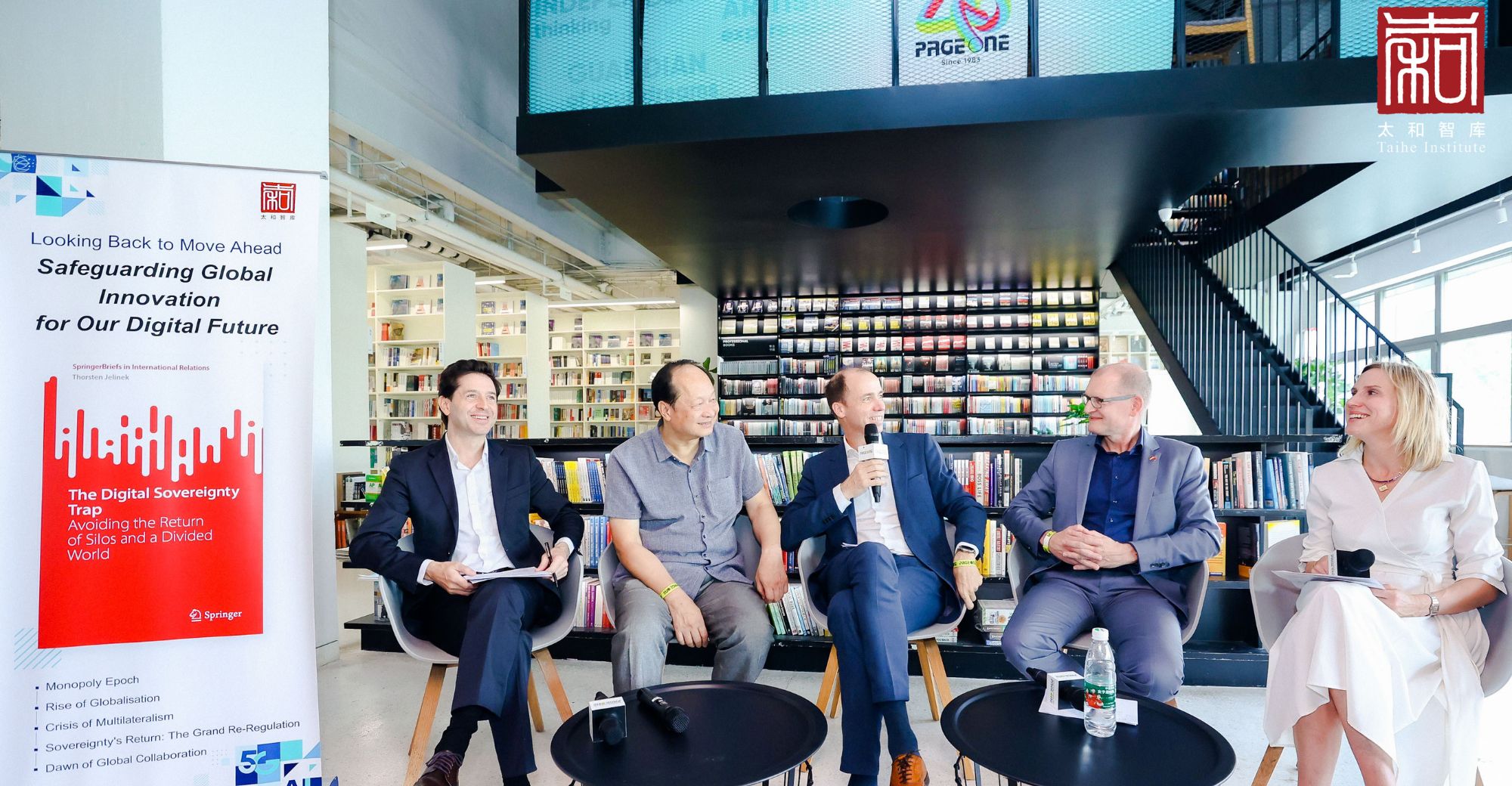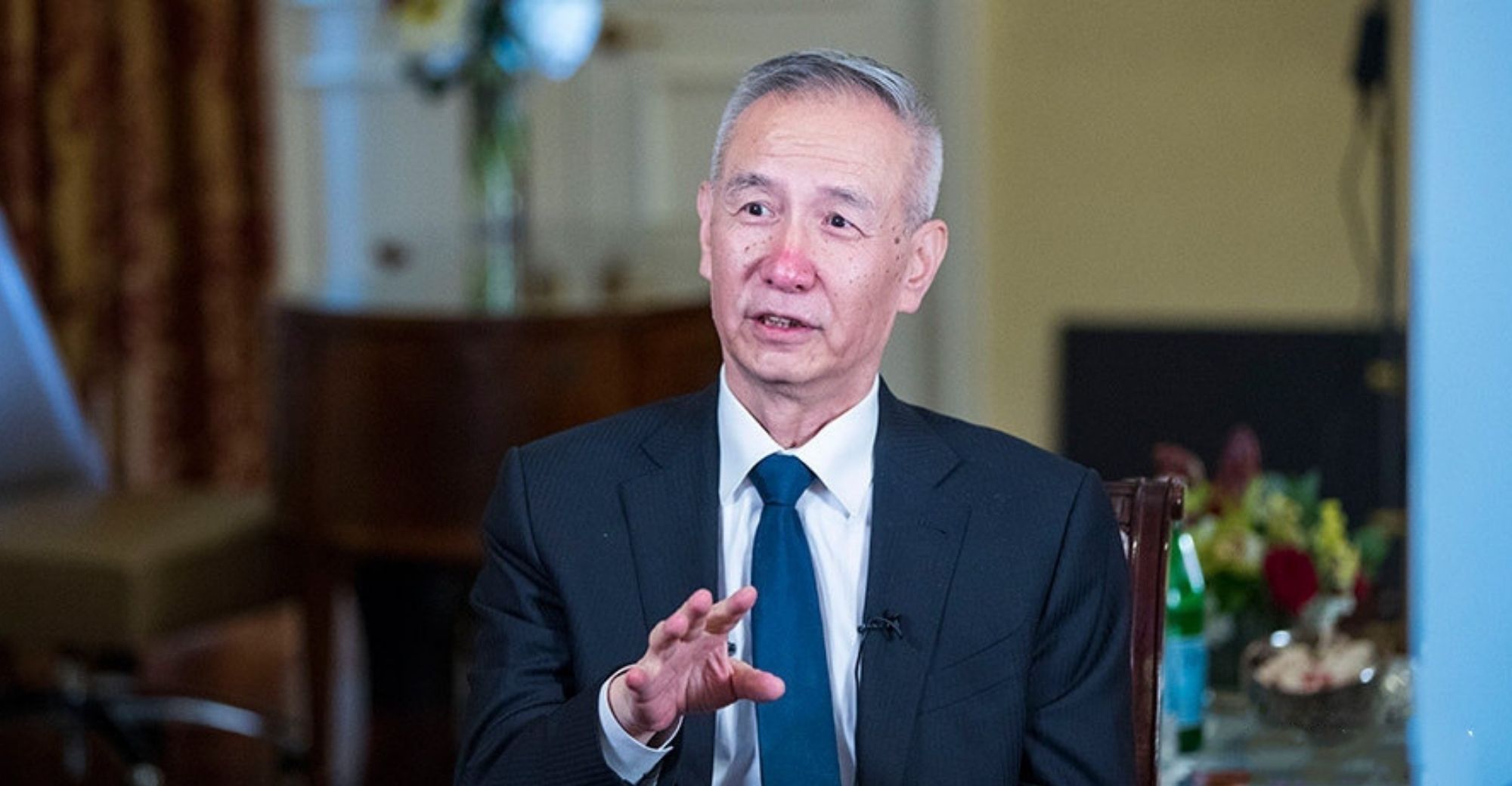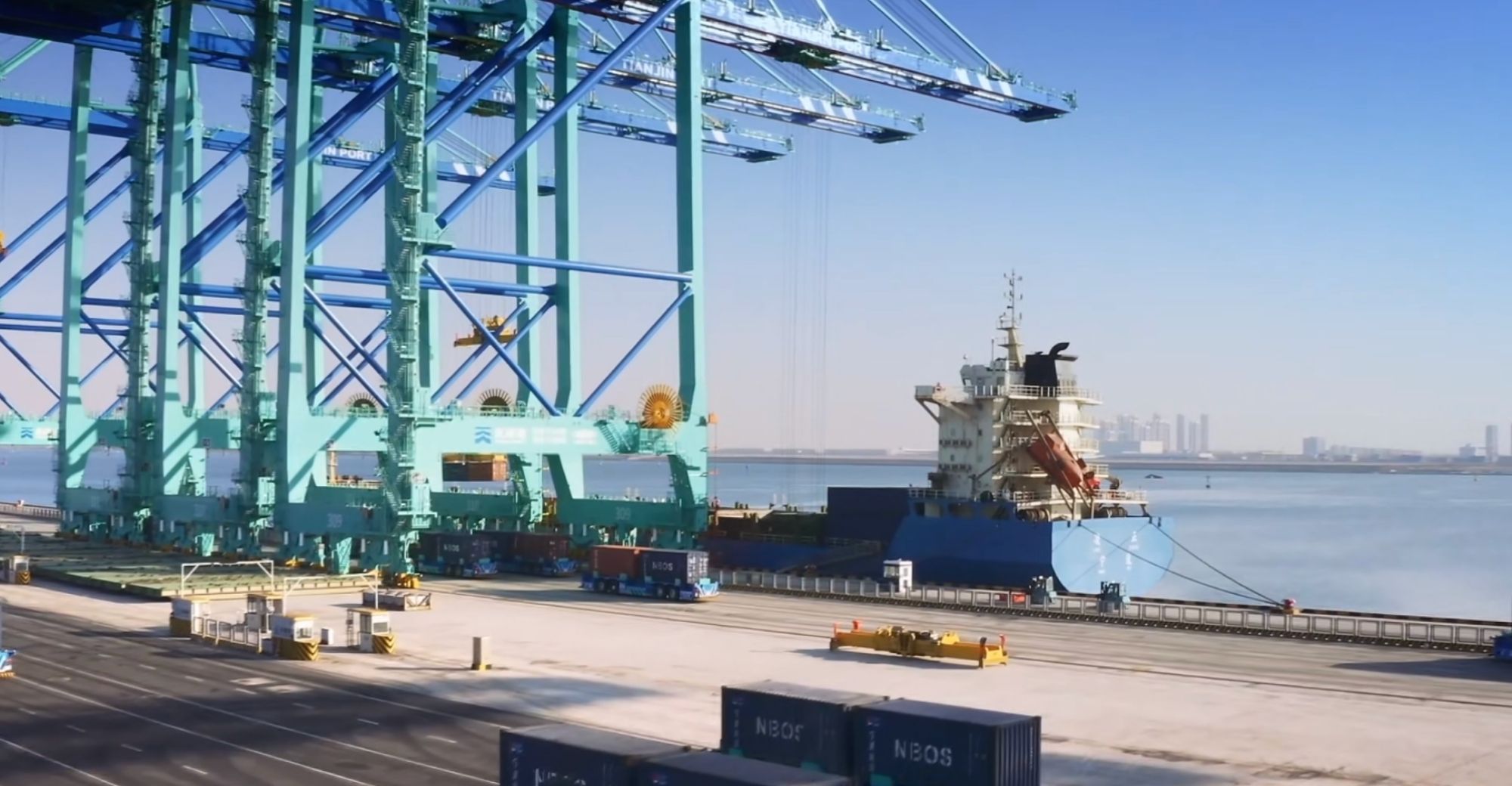How Cyberfrontiers and Geopolitical Storms Are Shaping the Future of Digital Dominance
Geopolitical dynamics display remarkable volatility, often unfolding at a pace that tests our capacity for complete understanding. Recent events, such as the BRICS enlargement and the fruitless G-20 summit in Delhi, have underscored this unpredictability.
Within this ever-changing geopolitical setting, the cyber realm resounds as the paramount battleground. Recognized as a key arena for exerting influence on a universal scale, it has become a fierce contest marked by ruthless tactics aimed at securing digital hegemony, ultimately leading to the weaponization of technology.
Amidst the backdrop of flowing geopolitics and escalating tech competition, the Taihe Institute think tank held a momentous event in Beijing on September 7th. Hosting a successful book launch, experts explored the author’s insights.
Five takeaways from this enlightening discussion.
1. Track II Diplomacy: Enhancing Global Cooperation
The event united a diverse panel from China, the United States, and Europe, showcasing the significance of non-governmental, Track II diplomacy. This approach, outside traditional channels, fosters adaptability and global issue resolution. Think tanks play a crucial role in facilitating essential dialogues, promoting international cooperation, collaboration, and conflict mitigation through ingenious perspectives. An engaged audience enriched the discourse with thought-provoking statements.
2. Insights from “The Digital Sovereignty Trap”
Dr. Jelinek’s book explores the height of globalization (2004-2008), a period of notable technological advancements. Open markets and fair competition drove both integration and technological innovation. The internet’s emphasis on collaboration and sharing highlights the importance of today’s global cooperation through universal standards. This is also evident in the necessity to regulate artificial intelligence (AI).
Bridging cultural differences and managing mistrust are vital in this context. All economies should transition to innovation-driven models, fostering interdependence. As the author observes, “today’s critical juncture represents not only instability and uncertainty but also an opportunity for transformative change”.
3. The Quest for Problem Solving: A Worldwide Mechanism
The debate highlighted concerns about the current state of global leadership, with hopes for meaningful cooperation on issues like climate change and economic inequality often falling short. The panelists actively proposed ways to improve the situation.
The solution could lie in fostering collaborative global governance for technological integration. Yet, two significant obstacles persist: the inefficiency of current global governance systems, requiring modernization, and the growing apprehensions over security and sovereignty. International cooperation is essential to facilitate innovation, primarily by establishing uniform regulations.
4. Consensus on the Second Key Accord
Innovation can drive international cohesion, particularly in addressing shared concerns such as environmental protection. This becomes crucial as disruptions from defense and security issues, such as data protection, cybersecurity threats, and resource scarcity gain geopolitical significance, making consensus on other complex matters challenging. While optimism is desired, realism is equally essential. Advancing global innovation necessitates careful consideration of geopolitics, as underscored by Dr. Jelinek’s findings.
5. Tech and Geopolitics Intersection: 5G Challenge
The 5G rollout competition emphasizes the deep connection between technology and geopolitics. The U.S. is concerned about falling behind, particularly in comparison to China. Worries criticize Chinese data laws, though the threat is nuanced, as other superpowers collect metadata for security reasons.
Within this context, an unexpected episode unfolded – Huawei’s smartphone launch. It exemplified how Chinese firms adeptly navigate and surmount U.S. sanctions, raising questions about the efficacy of the containment strategy.
In Europe, stability via the rule of law is a cornerstone. However, a departure from this principle becomes apparent in the context of securing 5G networks. The introduction of the “EU Toolbox” aligns with U.S. objectives but lacks robust legal frameworks. While the European Commission (EC) conveys resolute political statements, there is no formal vendor ban. EU initiatives are assertively presented yet inadequately justified, relying on non-binding structures instead of enforceable legal measures. The EC must ensure that security-driven 5G vendor exclusions align with EU legislation.
Especially following the identification of EU countries such as Sweden, Romania, Belgium, Estonia, and Latvia who preemptively banned Huawei, and rank at the bottom in 5G coverage, coupled with economic challenges in replacing Chinese components, European leaders should have presented alternative supply chain solutions to mitigate undue strain. Additionally, in view of past metadata security breaches by other superpowers, there is a need to reconsider the restrictions tied solely to vendor origin. While the EC raised security concerns, substantive evidence remains awaited.
Germany’s consideration to limit Huawei and ZTE 5G equipment by 2026, a timeline deemed “unrealistic” by Deutsche Telekom, mirrors the absence of strong regulatory frameworks. Telecom operators fear hindrances to innovation and increased expenses. Telefonica plans to seek damages and legal action, underscoring the necessity for measures ensuring legal certainty.
Eventually, those “silos” are counterproductive, hindering innovations that could alleviate service gaps and support EU regional revitalization. Notably, in the 5G market, Beijing has shown greater openness: European vendors recently secured a 16% share in a China Mobile contract.
Europe’s Role in Enhancing Global Governance
The EU emerges as a potential global governance leader amid the U.S.-China tech competition. Europe could play a pivotal role as a trusted mediator. Nonetheless, Europe faces a daunting task in translating politics into enforceable laws. Echoing the author’s viewpoint, policymakers could effectively sidestep isolation by nurturing international bonds and foster transparent technology exchange, thereby facilitating constructive approaches.






